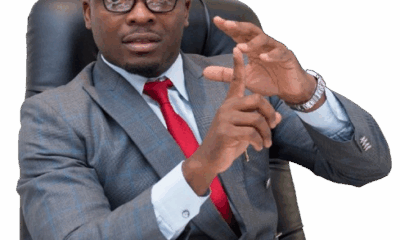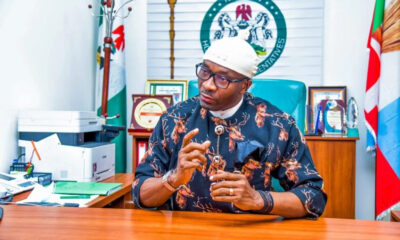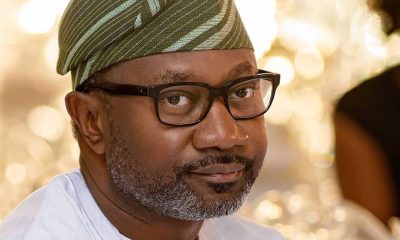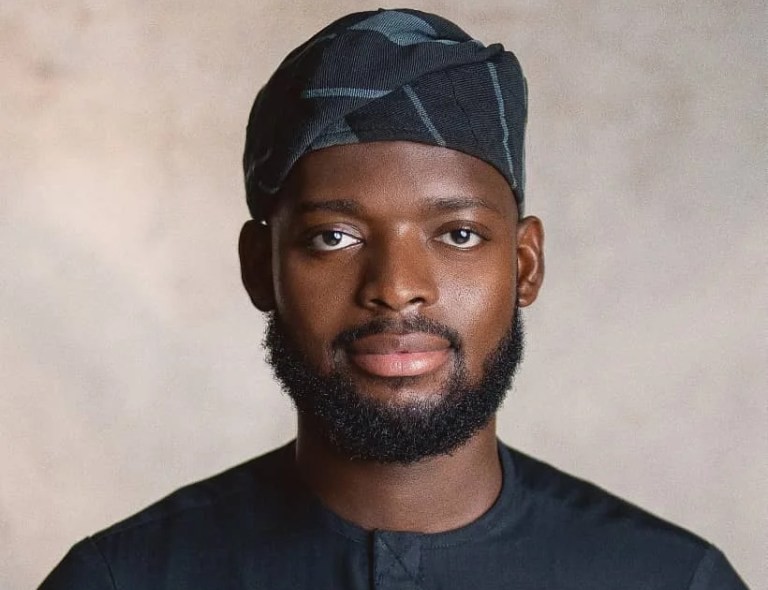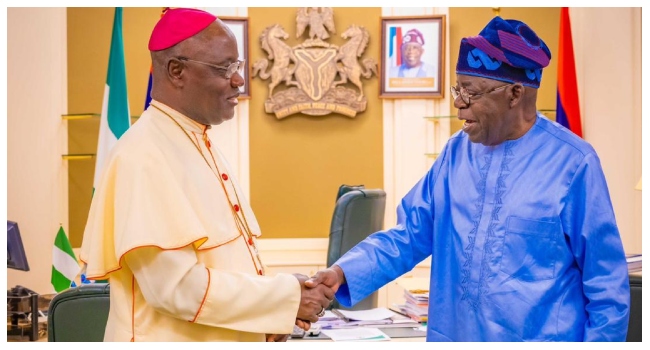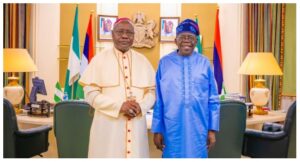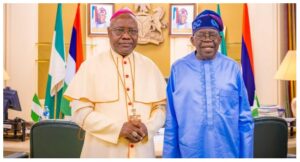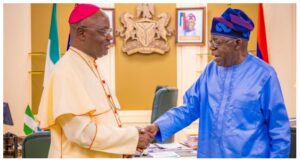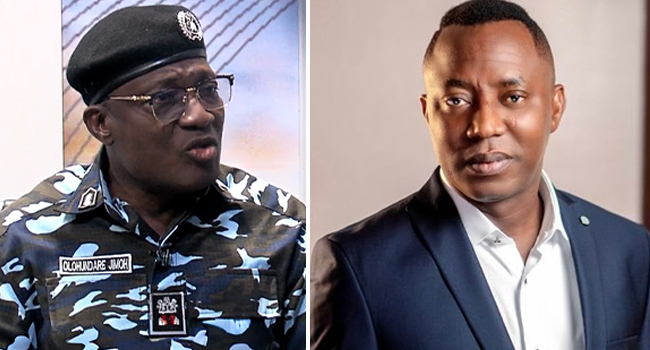The Federal Government on Sunday criticized the Academic Staff Union Universities (ASUU), saying issues concerning the seven-month strike by the union were confusing.
The Minister of State for Education, Emeka Nwajiuba, who stated this in an interview with one of the correspondents in Abuja, accused the union of muddling things up over the Integrated Payroll and Personnel Information System.
But in its response, the union said the government wanted to turn Nigerians against university lecturers.
Recall that ASUU had on March 23 begun an indefinite strike over the Federal Government’s insistence on implementing the IPPIS, which the government said all its employees must adopt for their salaries to be paid.
Besides opposing the IPPIS, the union also accused the Federal Government of not abiding by agreements both sides signed a few years ago.
Two weeks ago, there were indications that the strike would soon end as the Federal Government said that it might consider adopting the University Transparency Account System, which ASUU developed as an alternative to the IPPIS.
But the hope that students of public universities would soon resume dimmed on Sunday as the government and ASUU tackled each other on the payment system.
Berating ASUU, the Minister of State for Education, Nwajiuba, said, “We have a situation that is quite confusing because a lot of the issues are muddled up so you don’t know which one they (ASUU) want to address and which one they don’t want to address.”
He said government would not integrate ASUU’s payment system with the IPPIS until it is tested.
The minister stated, “If we are going to start adopting platforms from different groups, it will defeat the entire purpose for which we want to have a unified way of knowing how much we owe or due to pay at any time so that we can budget for it and plan for it. They (ASUU) said no, they had a system that they would like to develop, the government said, ‘go ahead develop any system, it is not a problem.’
According to him, the government told the union that ASUU’s payment system must tally with the IPPIS.
He stated that the government directed the lecturers to register on the IPPIS while developing their system so that they could collect their salaries.
He stated, “When originally we asked them how long it would take (to develop the system), they said 18 months and after a while, they brought us a semi-finished product and said the six months they had been on strike they had used it to develop the system and that we should now integrate it with our system. The government said no, we are not going to fuse this with all of our plans yet until we independently work on it and see how it works which is where we are.
“So I still don’t understand what the issue is. We have been paying them and all the salaries we have paid them, have been paid on the IPPIS. So I don’t understand what they mean by they don’t want the IPPIS. They are already on the IPPIS.
“Out of 71,700 lecturers in Nigeria, we have 57,000 already on the IPPIS. So I don’t understand the basis for the strike. If it is the IPPIS, I don’t understand why anybody will claim they are not on the IPPIS when they are on IPPIS. I don’t understand why people will collect salaries and will not work. Even if you don’t like the system, do the work for which you are receiving the payment. I don’t understand it.
“The primary purpose for which lecturers were employed is to lecture our students and that is why we are paying them. Now for six months or going to a year you are at home, you don’t want to teach, but if the government wants to approve promotions you will appear. If the government wants to appoint a new vice-chancellor, you will appear.”
The minister said the government was not out to punish any ASUU member. He stated, “The job of the government is not to look for who to punish or sack. We are in need of manpower in Nigeria. The reason we want ASUU back is that there is a purpose for which we built these universities.
“In every other place in the world, you can’t shut down the university system and just walk away. It is only in Nigeria they do it.”
“The money government is using to pay these lecturers is the money we get from other people. The money is Nigerians’ money and we hand it over to lecturers for a job, but they don’t want to do it.”
When asked if there was no going back on the IPPIS, he stated, “The IPPIS predates this government. The IPPIS was conceived in Nigeria in 2013. When we came, almost everything that was impossible to implement in Nigeria because of institutional bottlenecks, we started implementing it.”

 BIG STORY3 days ago
BIG STORY3 days ago
 BIG STORY2 days ago
BIG STORY2 days ago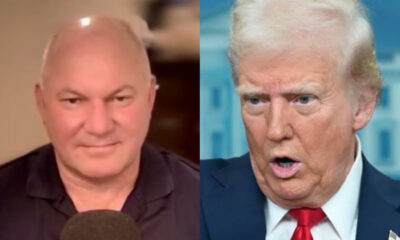
 BIG STORY3 days ago
BIG STORY3 days ago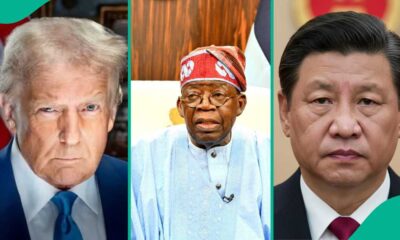
 BIG STORY2 days ago
BIG STORY2 days ago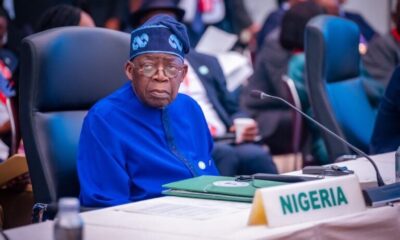
 BIG STORY2 days ago
BIG STORY2 days ago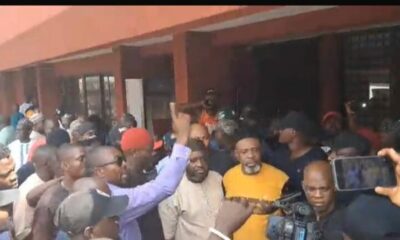
 BIG STORY3 days ago
BIG STORY3 days ago
 BIG STORY2 days ago
BIG STORY2 days ago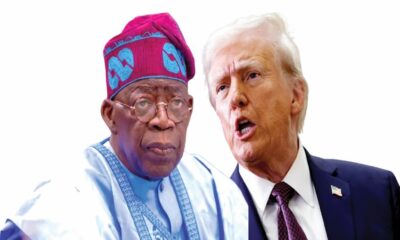
 BIG STORY4 days ago
BIG STORY4 days ago







